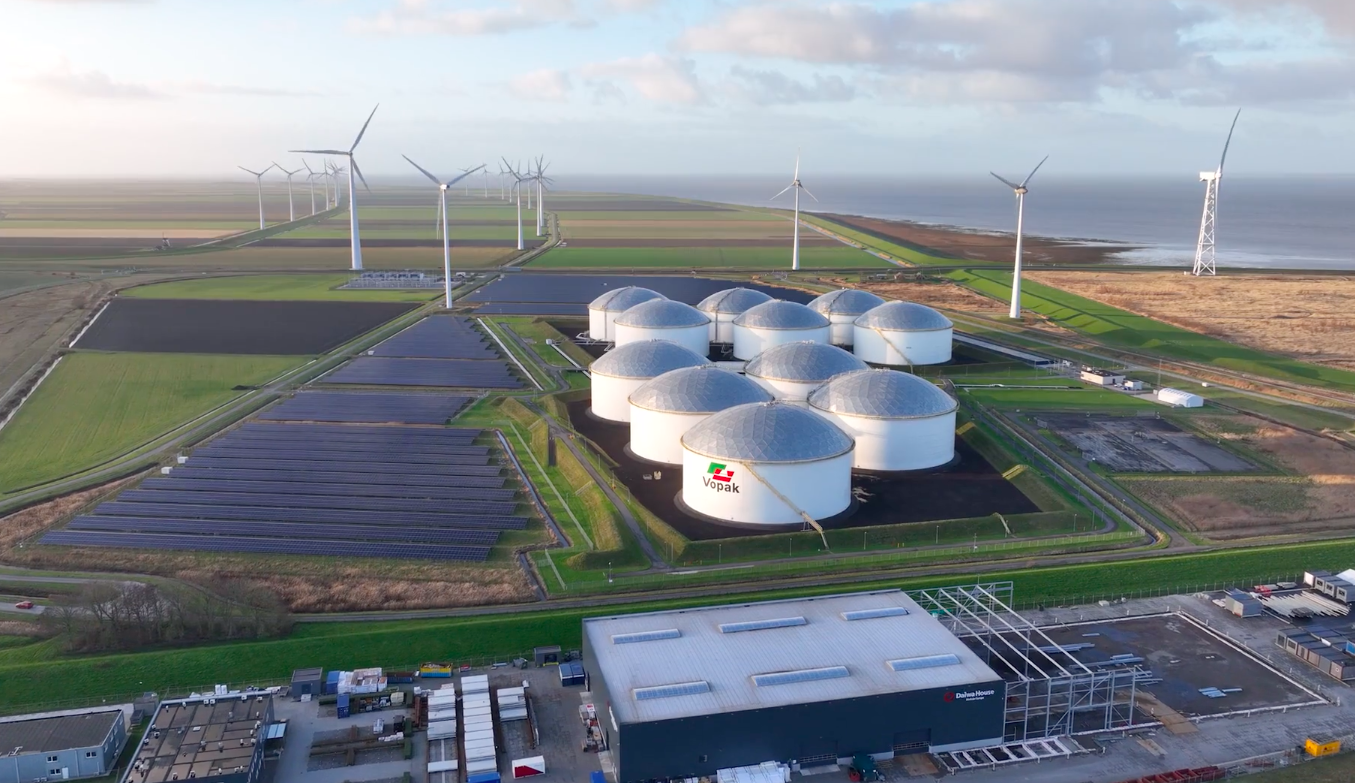The European Union is attempting to turbocharge the energy transition by deploying a special state aid mechanism designed to funnel cash into green industries. But there are doubts about this initiative’s effectiveness.
Since 2018, the European Commission has used Important Projects of Common European Interest (IPCEIs) to promote the Union’s green industrial objectives.
The scheme allows member countries to team up and lodge applications for projects that are tied to decarbonisation, strategic autonomy and other EU objectives. Winning applicants are allowed to invest billions of euros while enjoying more lenient state aid rules.
Ten IPCEIs have been approved to date: two on batteries, two on microelectronics, one on infrastructure, one on health, one on cloud computing and three on hydrogen. The total state aid value that has been approved is €37.2 billion, which is expected to attract €66 billion in private capital.
This week, the third hydrogen IPCEI was given the green light and is mostly geared towards scaling up hydrogen’s transport sector deployment. That includes research and development on refuelling infrastructure and storage technology.
It is still early days for the approved projects. Whether the bet paid off will not be known for a while, as these are initiatives with a firm long-term view. But some early indications of whether this is a good way to make policy are already there.
IPCEIs have been identified by industry as the EU’s most realistic way of responding to global competitors like China and the United States, which have far greater financial firepower and more capacity to dole out public subsidies at will.
The EU has been somewhat hamstrung by its own state aid rules in the past. The infamous case of the Alstom-Siemens merger, in which the French and German firms were going to team up to compete against Chinese rivals, still lives fresh in the memory.
That tie-up was rejected by the EU’s competition department and, almost in a bid to make up for that decision, IPCEIs have been readily approved in the following years. It is no coincidence that either France or Germany has been involved with every single IPCEI to date.
But the IPCEI programme is no silver bullet and it has a number of flaws, according to some analysts.
The lack of involvement of smaller countries and companies within the current generation of IPCEIs has been flagged, as has the lack of transparency when it comes to assessing the merits of the applications.
The Bruegel think tank has warned that the initiatives risk undermining the single market and that the lack of stringent environmental criteria also raises concerns. IPCEIs are not subject to impact assessment requirements, for example.
There is also the issue of quality. Each IPCEI is jam-packed with projects that will be carried out and which will be eligible for funding if the overall scheme is approved. That means that low quality projects might make it through on the coat-tails of the merits of others.
This week’s hydrogen IPCEI green light provides a decent example. A couple of the projects on the list might turn out to be non-starters and a bit of a waste of public money.
However, the recent hydrogen bank auction that the EU carried out for the first time assessed projects on stricter eligibility criteria and the lowest bidding applicants won the final prize. It has been lauded as a much more accurate way of judging winners and losers.
Even if IPCEIs have their flaws, more of them will be needed to scale up vital energy transition industries, because the EU will likely never be able to replicate, for example, the United States government’s inflation reduction act.
The initiative could be reformed though in the coming years. Extra transparency requirements and stricter environmental standards could do wonders for a mechanism that has some pretty lofty goals.
Want more updates and analysis of what is happening in the world of energy and climate? Interested in finding a job in the sector or more information about public tenders? Sign up to our Energy Rundown newsletter here!

